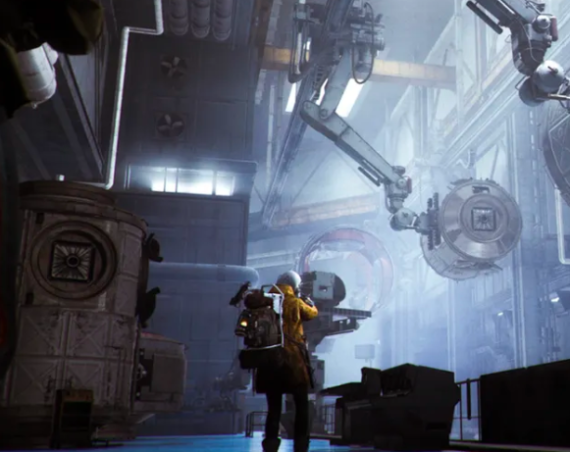
Nintendo Denies Lobbying Japanese Government on Generative AI but Vows to Protect Intellectual Property
Contrary to circulating rumors, Nintendo has officially denied any lobbying efforts with the Japanese government regarding regulations on generative artificial intelligence (AI). Despite speculation sparked by claims from a Japanese politician, Nintendo clarified that it has not engaged with government officials on the matter. However, the company emphasized its ongoing commitment to combat infringement of its intellectual property (IP) rights, regardless of whether AI technologies are involved.
Rumors and Clarifications Surrounding Nintendo and Generative AI
Speculation arose after Japanese lawmaker Satoshi Asano alleged that Nintendo was pressuring the government to regulate generative AI to protect its IP. Asano later retracted these statements and issued a public apology on social media, acknowledging the misinformation and deleting the original post.
In response, Nintendo took to its official channels to dispel the rumors. The company tweeted: “Contrary to recent discussions on the internet, Nintendo has not had any contact with the Japanese government about generative AI. Whether generative AI is involved or not, we will continue to take necessary actions against infringement of our intellectual property rights.”
The Importance of Intellectual Property Protection Amid AI Advances
As generative AI technologies continue to evolve rapidly, companies across the entertainment and gaming industries face new challenges relating to IP rights. Nintendo’s firm stance reflects a broader industry trend prioritizing the safeguarding of creative works against unauthorized use or replication.
Key points about Nintendo’s position on generative AI and intellectual property:
- No direct lobbying: Nintendo confirms no formal interaction with Japanese authorities regarding AI regulation.
- Continued IP enforcement: The company remains vigilant in addressing infringement cases, irrespective of AI’s role.
- Careful AI adoption: While not ruling out AI use in game development, Nintendo stresses the importance of human creativity and insight.
Nintendo’s Cautious Approach to Generative AI in Game Development
Earlier reports from former Nintendo of America president Doug Bowser revealed a nuanced approach toward generative AI. Bowser acknowledged AI’s potential in game development but reaffirmed the company’s belief that the core appeal of Nintendo’s games lies in their developers’ artistic skills and creative intuition.
Similarly, Nintendo President Shuntaro Furukawa commented in 2024 that although generative AI is a hot topic, it poses intellectual property concerns that the company cannot overlook. He emphasized Nintendo’s extensive expertise and longstanding methods in game creation, underscoring a preference for carefully balancing innovation with IP protection.
Broader Industry Context and Statistics
The gaming industry’s response to generative AI mirrors concerns worldwide. According to a 2024 report by the International Intellectual Property Alliance, cases of IP infringement involving AI-generated content have increased over 30% year-over-year. Nintendo’s approach aligns with other industry leaders who advocate for clear legal frameworks to address AI’s unique challenges.
Furthermore, a recent survey by PwC highlighted that 58% of game developers are cautiously integrating AI tools, citing IP rights and ethical considerations as primary barriers.
Conclusion: Balancing Innovation and Protection in the Age of AI
Nintendo’s denial of lobbying the Japanese government on generative AI regulation clarifies misinformation but also highlights the company’s ongoing vigilance against intellectual property infringement. As AI technologies transform creative industries, maintaining a balance between embracing innovation and protecting IP rights remains crucial.
This position illustrates Nintendo’s dedication to preserving the unique qualities of its games while adapting thoughtfully to emerging technologies.


